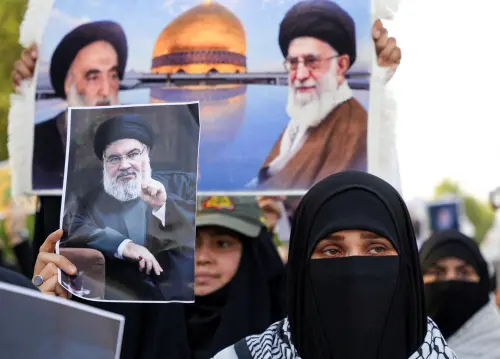After a recent talk about my ISIS book, one of the audience members asked, “What can I read to help me not hate Islam?” I don’t think it’s a scholar’s job to persuade others to love or hate any culture. But the question was sincere, so I suggested some books that have helped me better understand Islam. I also put the question to Twitter. Below is some of what I and others came up with.
Two cautions before we dive in: First, the list is obviously not exhaustive and I’ve left out overly apologetic books—in my experience, they only increase the skeptical reader’s suspicion that she’s being suckered. Second, people on Twitter gave me great suggestions but I’ve only included those I’ve read and can vouch for:
Muhammad and the Quran: Two of the best books you’ll ever read about Muhammad and the Quran are also the shortest: The Koran: A Very Short Introduction and Muhammad, both by Michael Cook. He writes with great wit and deep scholarship.
Other scriptures: Most non-Muslims are unaware that Islamic scripture is more than the Quran. It includes a vast collection of words and deeds attributed to Muhammad by later authors. These scriptures are sort of like the Gospels, and Muslim scholars fight over their authenticity like Christian scholars debate about the accuracy of Matthew, Mark, Luke, and John. These extra Islamic scriptures contain most of the teachings that make modern people (Muslims included) uncomfortable about Islam. One of the world’s experts on these scriptures, Jonathan Brown, has written a terrific book about them, Misquoting Muhammad.
Rumi: The medieval mystic’s poems about life and death are beautiful and moving, no matter your belief system. I loved his poems so much as an undergrad that I went on to study Middle Eastern languages just so I could read his work in the original. I’m glad I first viewed Islam through the eyes of Rumi and not a group like ISIS. Neither is solely representative of Islam but both draw heavily on its scriptures and reach such different conclusions.
The Bible: Many people recommended reading the Bible to decrease hate of Islam. The nerd in me leapt to the least obvious conclusion, “Ah, good idea! Reading some of the rough stuff in the Hebrew Bible is a good way to put a kindred ancient religion like Islam in perspective.” But they meant something a little less complicated:
@will_mccants @jenanmoussa Read the bible and learn to love and not to hate. 🙂
— Dirk Lont (@Denkkracht1) December 12, 2015
It’s a worthy perspective today no matter your faith.
The Brookings Institution is committed to quality, independence, and impact.
We are supported by a diverse array of funders. In line with our values and policies, each Brookings publication represents the sole views of its author(s).







Commentary
Five books you should read to better understand Islam
December 15, 2015